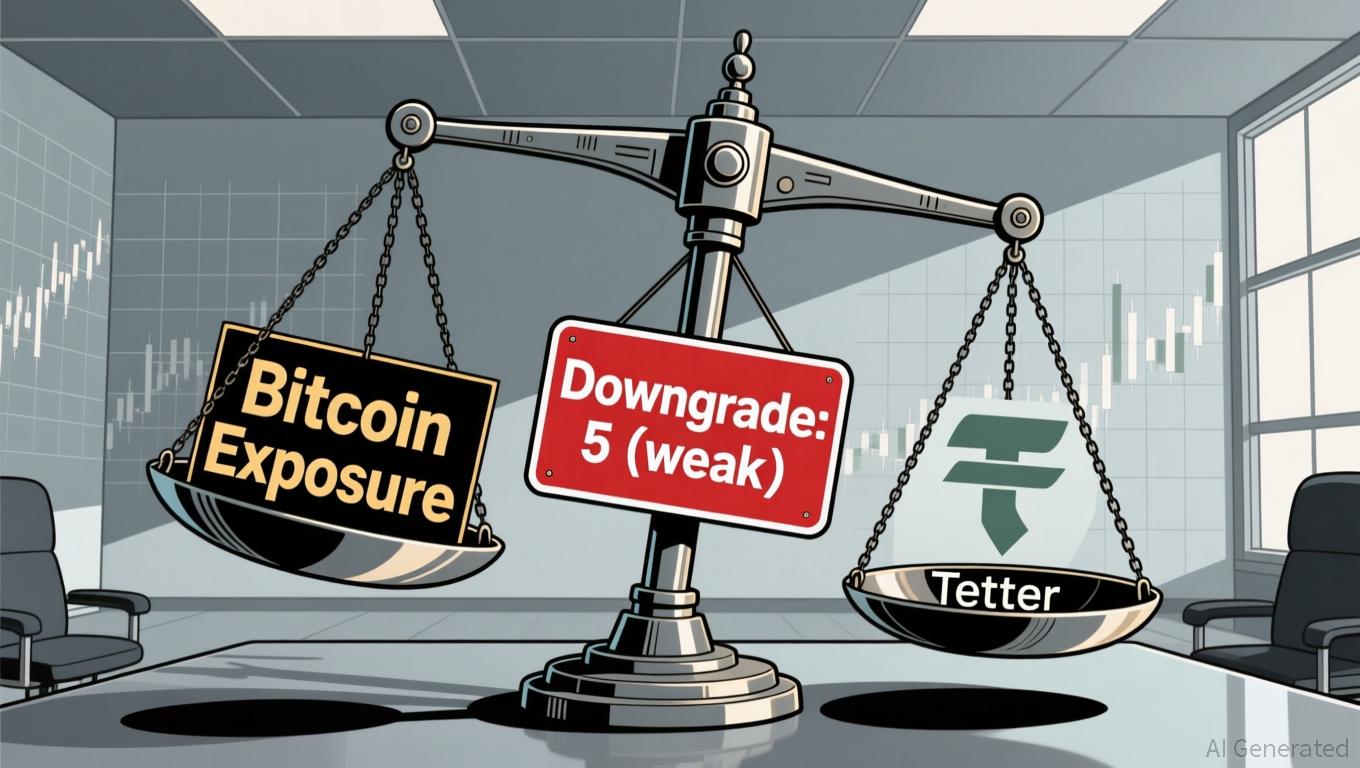Japan’s FSA Proposes Crypto Tax Cuts and Insider Trading Ban, Redefining Market Compliance
Quick Breakdown
- Japan’s imminent regulatory reforms aim to address major pain points for the country’s cryptocurrency industry.
- FSA plans to introduce a flat 20% tax on crypto earnings, as high as 55%, including income and resident taxes.
- Japan will introduce clear insider-trading rules for cryptocurrencies for the first time.
New regulatory approach reshapes crypto oversight
According to a report from The Asahi newspaper on Sunday, the FSA is moving forward with plans to classify digital assets as “financial products” under the Financial Instruments and Exchange Act, putting crypto under the same regulatory framework as stocks and bonds. This would require exchanges to offer clearer disclosures around risks and price volatility, and could widen access by allowing banks and insurance companies to sell cryptocurrencies through their securities divisions. The proposal is expected to be submitted to the Diet in 2026.
JUST IN: 🇯🇵 Japan’s FSA plans to classify crypto as financial products, and cut the tax rate from 55% to a flat 20%. pic.twitter.com/MRUfrjLMYI
— Whale Insider (@WhaleInsider) November 17, 2025
Flat tax and insider trading crackdown
A key feature of the reforms is reducing the tax rate on cryptocurrency gains. Currently taxed as “miscellaneous income,” subject to rates as high as 55%, crypto profits would instead be taxed at a flat 20%, mirroring the treatment for traditional securities and easing burdens for retail investors.
At the same time, Japan is moving to introduce clear insider-trading rules for cryptocurrencies, giving regulators the power to investigate and punish violations, issue fines, and even refer severe cases for criminal prosecution. This would be Japan’s first attempt to address insider trading in the digital asset market directly.
The push for new legislation follows ongoing industry complaints about heavy tax burdens and inadequate market protections. If approved, the updated rules could encourage more participation in Japan’s crypto sector, while stronger disclosure and compliance requirements would help lift overall industry standards. The changes position Japan as an Asian trailblazer in regulating digital assets, with investor confidence at the forefront; however, they may also raise operational costs for exchanges and increase surveillance across the industry.
Meanwhile, Japan Exchange Group (JPX) is considering new regulatory measures to restrict listed companies from accumulating excessive cryptocurrency holdings. The move is largely driven by concerns about investor protection, since the volatility of digital assets has caused sharp drops in share prices and major losses for investors in companies engaged in “crypto hoarding.” In response, the JPX may start applying backdoor listing rules more strictly and require additional audits for firms that invest a significant amount of capital in digital assets. Japan currently has the highest number of public companies holding Bitcoin in Asia, prompting this closer regulatory scrutiny. Although the JPX clarifies that it does not aim to prohibit corporate crypto acquisition outright, it instead seeks to ensure proper risk management and oversight.
Take control of your crypto portfolio with MARKETS PRO, DeFi Planet’s suite of analytics tools.”
Disclaimer: The content of this article solely reflects the author's opinion and does not represent the platform in any capacity. This article is not intended to serve as a reference for making investment decisions.
You may also like
South Korea's Cryptocurrency Reform: Will New Regulations Enhance Confidence While Preserving Innovation?
- South Korea's National Assembly plans to enforce strict VASP regulations requiring criminal record checks for all major shareholders, including foreign investors. - The law mandates re-evaluation of existing VASPs, creating compliance challenges for smaller firms with complex ownership structures. - By extending oversight to global criminal records, the reform sets a potential international precedent and could reshape cross-border crypto investments. - While critics warn of stifled innovation, proponents

Bitcoin News Update: Tether’s Risky Asset Holdings Challenge Stablecoin Reliability
- S&P Global downgrades Tether's USDT to "5 (weak)" due to high-risk reserves and transparency gaps. - Tether's 5.6% Bitcoin exposure exceeds S&P's 3.9% overcollateralization threshold, risking undercollateralization if prices fall. - Tether defends practices with quarterly audits and $10B 2025 profit, dismissing the downgrade as outdated. - Recent crypto market turmoil and past stablecoin collapses highlight risks in opaque reserve management. - Tether's resilience amid crises contrasts with S&P's warning

Elon Musk's SpaceX moves 1,163 Bitcoin worth $105M

Bitcoin News Today: Bitcoin’s Puell Multiple Approaches 0.50 Mark, Fueling Optimism Amid Ongoing Doubts About Market Structure
- Bitcoin's Puell Multiple nears 0.50, historically signaling price cycle bottoms since 2015, sparking market speculation. - Bitcoin Munari's $0.22 token launch on Solana highlights hybrid blockchain strategies, aligning with evolving regulatory frameworks. - Institutional demand for Bitcoin yield strategies grows as Anchorage Digital reports rising interest in collateralized products. - Fed policy shifts and exchange promotions like Bitget's Black Friday campaign reflect crypto's macroeconomic and competi

